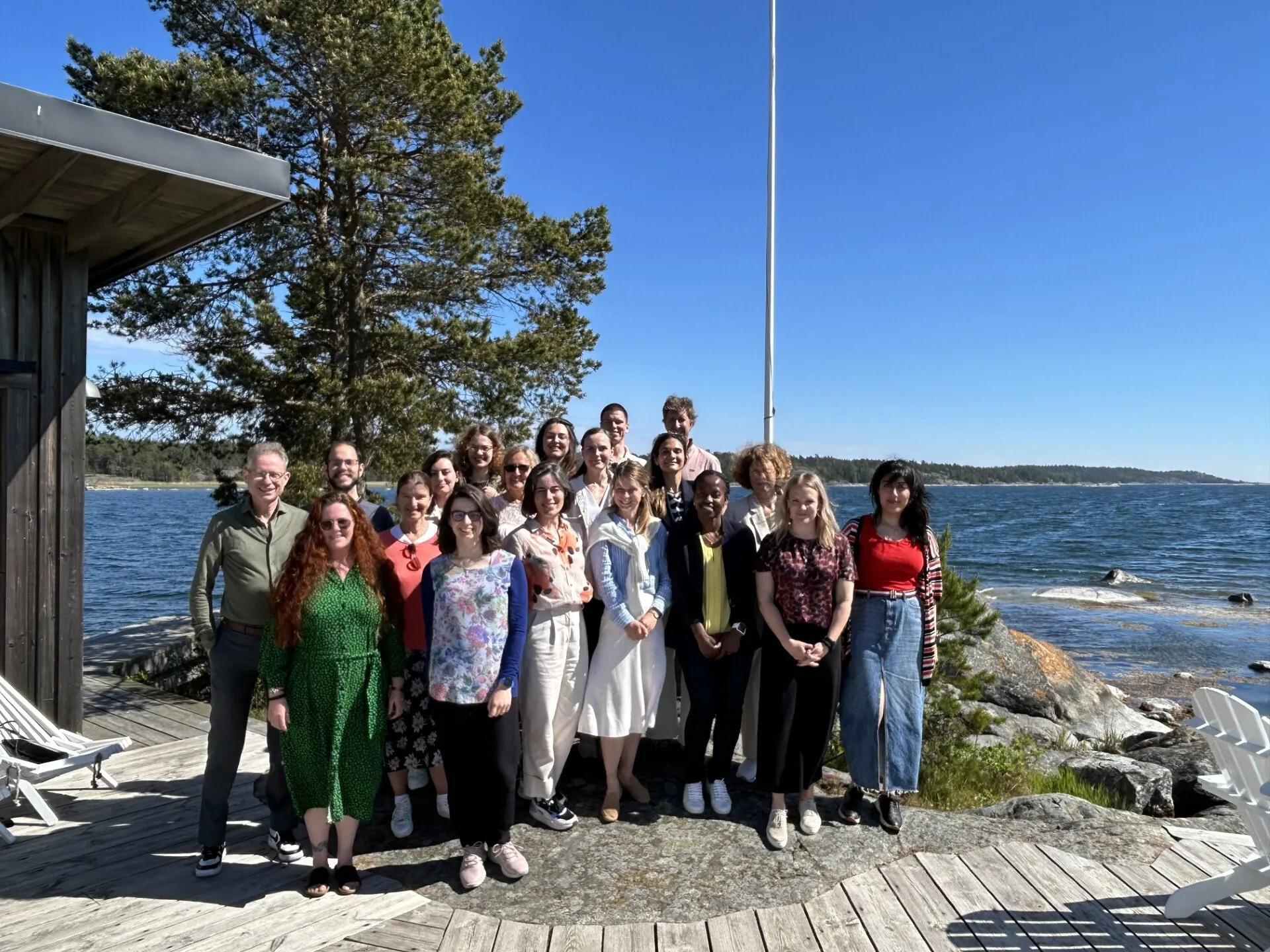Our research
Mission of the research group
The long-term goal is to improve cure rates and symptom-free survival for patients with myelodysplastic syndromes (MDS) through unfolding novel disease mechanisms and exploring innovative therapeutic approaches. We aim to gain synergy between a large successful MDS and bone marrow failure clinical practice, comprehensive biobanking and registries, and experimental cellular and molecular research. During the forthcoming period, we will further develop the KI MDS dataset consisting of >2000 consecutive patients, many with consecutive bone marrow samplings, a majority with targeted DNA sequencing and complete transfusion history, and a large proportion with full-length RNA sequencing of CD34+ bone marrow cells. The aim is to develop the biobank to a world-unique resource open to MDS-interested researchers at KI and elsewhere. Our experimental research program focuses on SF3B1- mutated MDS with ring sideroblasts (MDS-RS) and encompasses single-cell, multi-omics, and splicing studies on hematopoietic stem and progenitor cells, and functional studies exploring mechanisms underlying clonal competition at the stem cell level. Current projects aim to understand the mechanisms behind the slow but steady clonal expansion of mutated HSC and explore the possibility to harness novel niche factors to counteract this expansion at an early stage, thereby preventing patients from developing transfusion dependency. Main collaborators outside KI are The Nordic MDS Group, Elli Papaemmanuil (New York) and Elsa Bernard (Paris), Mario Cazzola and Luca Malcovati (Pavia), and past and present HERM guest professors Seishi Ogawa (Kyoto) and Marc Raaijmakers (Erasmus).
Main achievements and discoveries
In 1984 I founded the Nordic MDS Group, which has largely contributed to diagnostic development and improved treatment in the Nordic region and in Europe. I am a key contributor to the ICC classification of MDS 2022, and the recent IPSS Molecular risk scoring system and taxonomy (Bernard NEJM Evi 2022, Bernard Blood 2024). I have led the development of European MDS guidelines and lead the International MDS guideline project. NMDSG has over the years performed a large number of academic clinical trials leading to current treatment recommendations; active treatment to prevent transfusion dependency in lower-risk MDS (Creignou, J Int Medicine 2024, Garelius, Lancet Hematology 2025); the role of TP53 mutations in del(5q) MDS (Jädersten JCO 2013, Bernard, Nat Med 2022); and azacytidine in higher-risk disease (Nannya & Tobiasson, 2023). The recently published NMDSG14B Part I study shows that personalized assessment of minimal residual disease (MRD) after allogeneic stem cell transplantation is clinically feasible and that MRD is a strong predictor for relapse and survival (Tobiasson, JCO 2024). Recent studies using the MDS database have shown that DNA and RNA sequencing provide synergistic information in patients with MDS-RS (Todisco, Cancer Res 2023). We have explored mechanisms for ineffective erythropoiesis and progressive anemia in MDS-RS. We were first to describe the concept of mitochondria-mediated apoptosis and contributed to the discovery of SF3B1 driver mutations in this MDS subclass (Tehranchi, Blood 2001 & 2003). We identified hemopoietic stem cells (HSC) as the origin of these mutations and showed that worsening anemia reflects the proportion of residual wildtype HSC (Hofman, Blood Adv 2022). During the last period we have developed a unique method to isolate RS, allowing us to characterize the entire line of erythroid differentiation from HSC to RS and erythrocyte by single-cell DNA and RNA sequencing, proteomics and functional analyses (Moura, 2023 & 2024). This has given us completely novel insights into mechanisms behind clonal competition now used as a basis for current studies.

